2013
IT is amazing, and somewhat alarming, that A .P. McCoy’s feat of riding his 150th winner of the current National Hunt season passed almost unnoticed in reports on Thursday.
If he were a Premiership footballer who had netted his 20th goal of the season it would be greeted with banner headlines, and been the top story in sports reports on radio and television. The fact that he did what he did, and racing failed to make more of it, either shows a certain blasé on the part of racing reporters and editors, or a missed opportunity by the promoters of the sport. Either way, it is a worry that it was not lauded more.
This feat, of course, was nothing new. After all, McCoy was riding 150 winners in a season for the sixteenth time in 17 years, such is his continuing dominance of the racing scene in Britain. Incredibly, the only season in which he failed to reach this milestone was during the 2007-‘08 campaign when he ‘only’ rode 140 winners, and was still crowned champion. By the way, he broke his back that year and was sidelined for a time!
Determination
Voted the BBC Sports Personality of the Year in 2010, McCoy’s determination and hunger for winners shows no sign of abating, even though he is months away from his 39th birthday. The drive to succeed is as keen as ever, though such is the regularity with which he literally carries horses over the line that we almost accept it as part and parcel of his daily grind.
To try and put in perspective his work rate, he has ridden in more than 4,200 races during the last four and a half seasons, representing an average of more than two and a half rides for every day of the week. Imagine some of those overpaid soccer players being asked to play every week for their clubs during the season?
With a record of winning on one in every four rides over hurdles and better than one in every five rides over fences, there are few better exponents of the game. Nowadays, with more and more outlets for people to make comments through social media and elsewhere, it is inevitable that every rider at some time will come in for occasional criticism. McCoy is no exception. However, those armchair critics need to reflect on the bigger picture.
Trade Fair triumphs
2008
SIR - I would like to congratulate the ITBA on their well-organised Trade Fair and Symposium last week, and well done to all concerned. The high-profile international panel on Friday evening was a particularly good concept, and the numbers there to witness the discussion were proof that the idea was a good one.
Denis Brosnan’s stark statement on the production of thoroughbreds that cannot be sold, and hence have no future, was a reminder to me that something urgently needs to be done to cut back on our current overproduction.
Mind you, it’s not that we haven’t been warned. Bloodstock doyen Tony Morris and our own John Lynam have flagged this problem for many years. Getting HRI to put on more races is not the answer. Another Dundalk and a new southern National Hunt track won’t solve it either. The future industry needs less mares, and consequently less foals.
There is one suggestion which might help. Weatherbys currently charge €121 to register a new broodmare and €293 to register a new stallion. Why not charge €200 to register the mare and also charge a percentage of any new stallion’s fees?
The extra funds generated should be allocated to the seriously under-funded Irish Horse Welfare Trust. One problem, as I see it, is that with the current overproduction it is only a matter of time before people are going to abandon horses on a wholesale scale.
As breeders we have to act responsibly. We have got ourselves into the current mess and now we have got to get ourselves out of it. We need to improve our image for the general public and show that as an industry, we can act responsibly. Considering that Ireland is known as the land of the horse, it will be a very sad day if we cannot afford to look after our unwanted bloodstock in an organised, humane and well-funded manner. - Yours, etc.
PETER REYNOLDS,
Ballymacoll Stud,
Dunboyne,
Co Meath
Bad timing for publication of Goffs’ industry analysis
1983
GOFFS had the misfortune this week to launch its ‘Analysis of the Irish racing and breeding industry’ at a time when other reports and submissions were being given the full publicity blast, leading to total confusion in most people’s minds.
The Kill companies’ analysis was commissioned as long ago as last summer, triggered by the non-appearance of the promised Government commission on the industry, and before the formation of the new commission headed by Lord Killanin.
With the ground-work research by Caimin Flannery and Associates, the 56-page document has proved a most worthwhile exercise, even if the timing was unfortunate, especially as Goffs underwrote the entire cost. Undoubtedly, the most important recommendation is ‘‘that an overall authority be created from within the industry and that this authority seek statutory powers from the Government to promote, administer and control racing and its constituent parts.’’
There have been some fancy figures bandied around this week about the amount of illegal betting in this country. Goffs estimated that it is between IR£400 and IR£600 million, with IR£120 million being placed outside this country. This is at least double the amount legally wagered on and off course.
The recommendation is to drastically reduce the tax to 10% off-course (including a 2% racing levy) and 5% on-course, with the feeling that the Exchequer would actually enjoy a higher return.
Death of Tully founder, Lord Wavertree
1933
SAD to report that Lord Wavertree died at his London residence on Thursday morning, December 2nd, after a long illness.
Lord Wavertree, who was in his 77th year, was formerly Colonel William Hall Walker, and was one of the best-known racehorse owners in Great Britain. In 1915 he presented his famous breeding stud at Tully, Co Kildare, to the British Government.
Born on Christmas Day 1856, Lord Wavertree was the third son of the late Sir Andrew Barclay Walker, and was educated at Harrow. He entered Parliament as Conservative member for the Widnes Division of Lancashire in 1900, and retained the seat until he was created Baron Wavertree of Delamere (Cheshire) in 1919.
He was keenly interested in astrology. His country home was Horsley Hall, Gresford, Denbighshire, and he was a member of the Hurlingham, Marlborough, Carlton and Jockey Clubs, and of the Royal Yacht Squadron. He left no heir, and the title, therefore, becomes extinct.
The stud at Tully was established by Lord Wavertree in 1902, with Count Schomberg as stallion and 25 broodmares, and success came quickly.
The following year Lord Wavertree had less than £1,000 to his credit in prize-money, but two years later he was head of the list of winning owners, with £23,687 won by his horses. Among his important victories that season were the 1000 Guineas and the Oaks with Cherry Lass, the Coventry Stakes with Black Arrow, and the Ascot Stakes with Sandboy.
Winners came year by year from the stud, and in 1907 Lord Wavertree won the 1000 Guineas again with Witch Elm. His only other classic success was with Night Hawk in the 1913 St Leger, but he bred Minoru, who won the 2000 Guineas and Derby in 1909 for King Edward.
The value of the Tully Stud, when Lord Wavertree presented it to the nation as a property, was calculated at nearly £100,000, but the gift also included stallions, broodmares, all the yearling fillies, the foals and the horses in training.




 This is a subscriber-only article
This is a subscriber-only article
 It looks like you're browsing in private mode
It looks like you're browsing in private mode




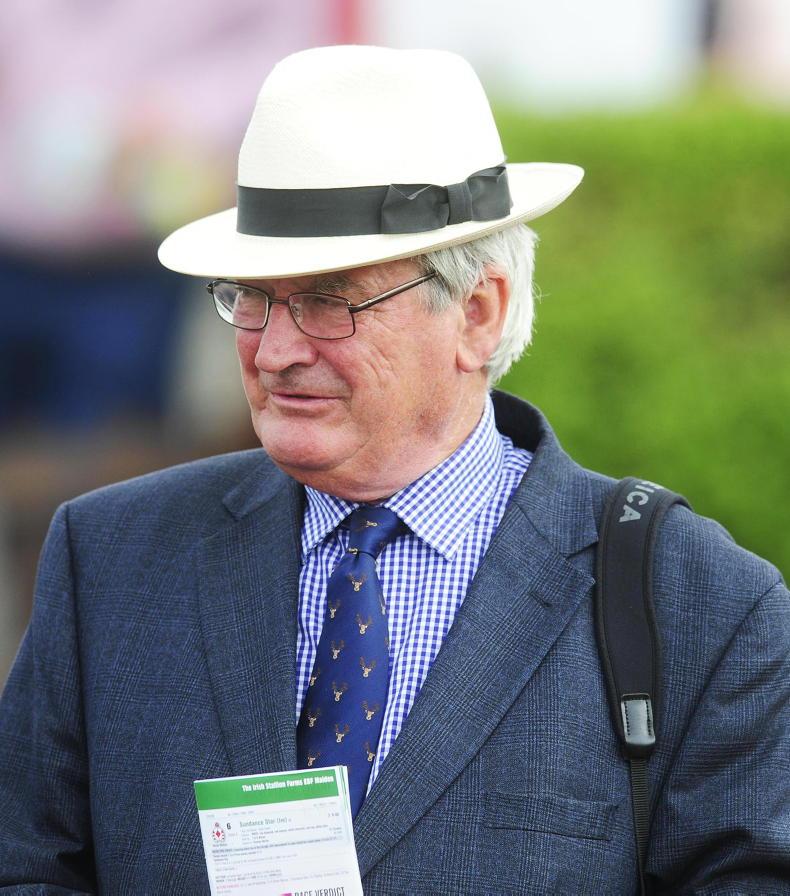
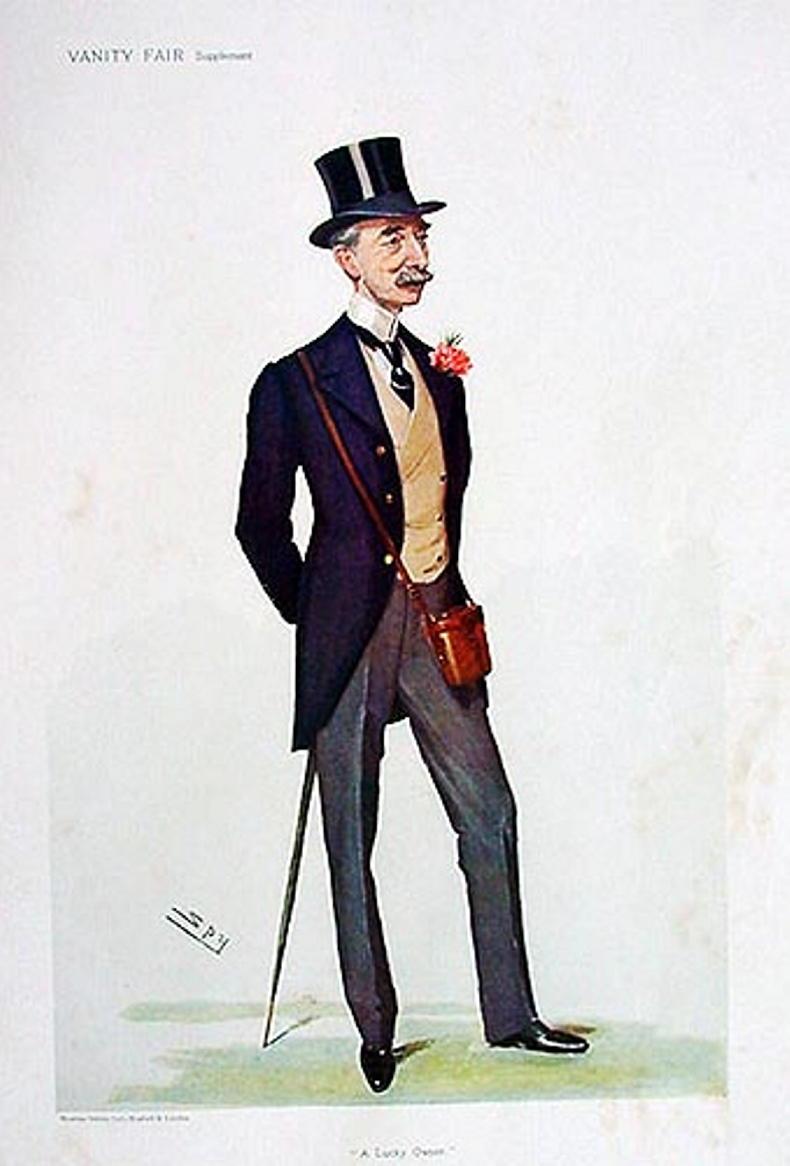

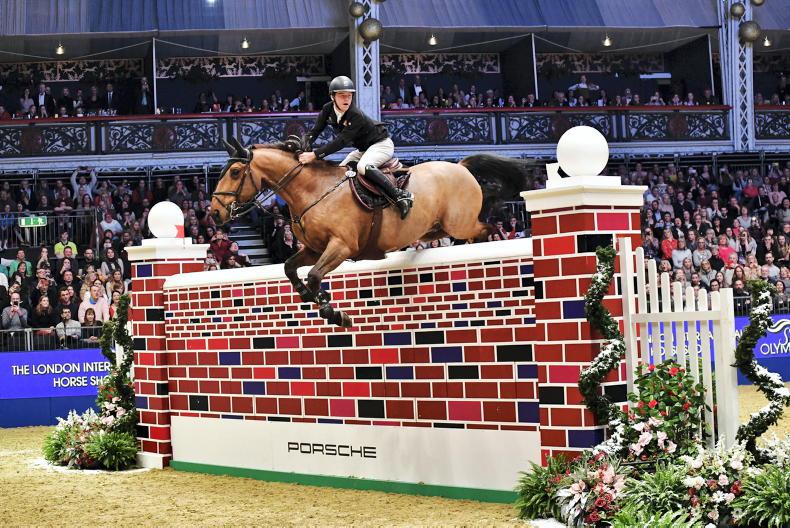
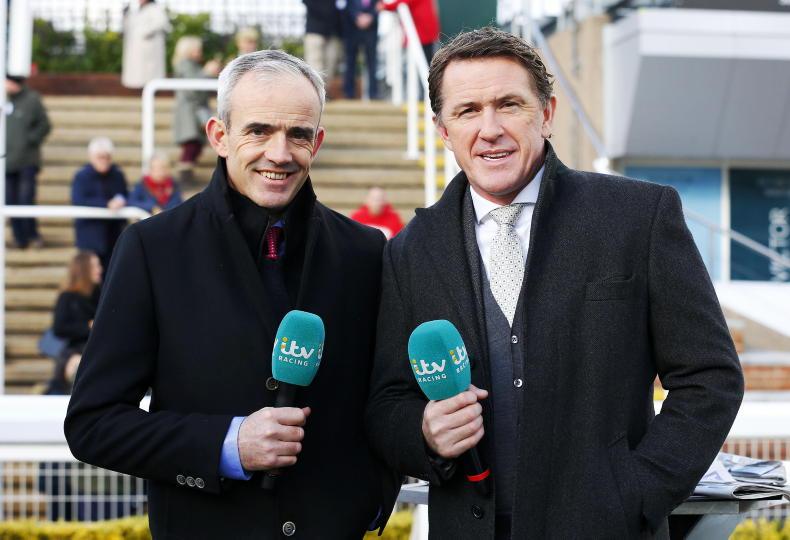

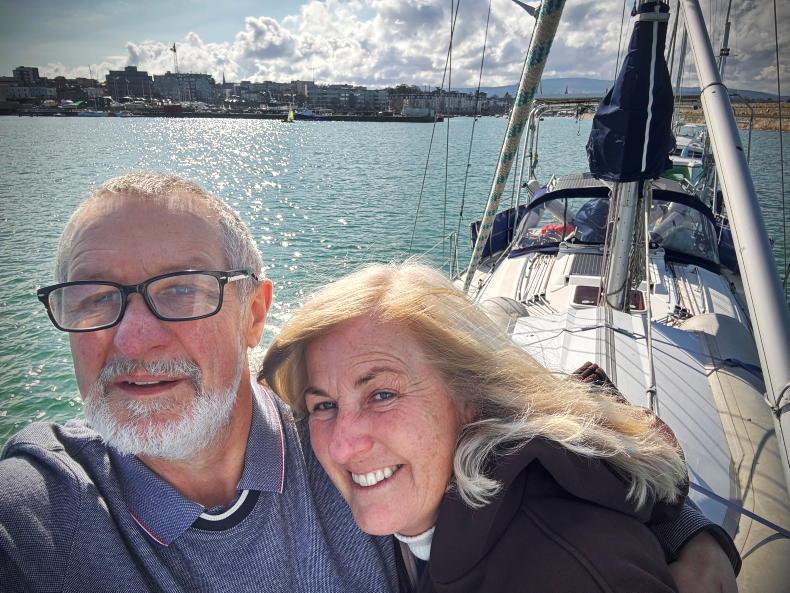

SHARING OPTIONS: